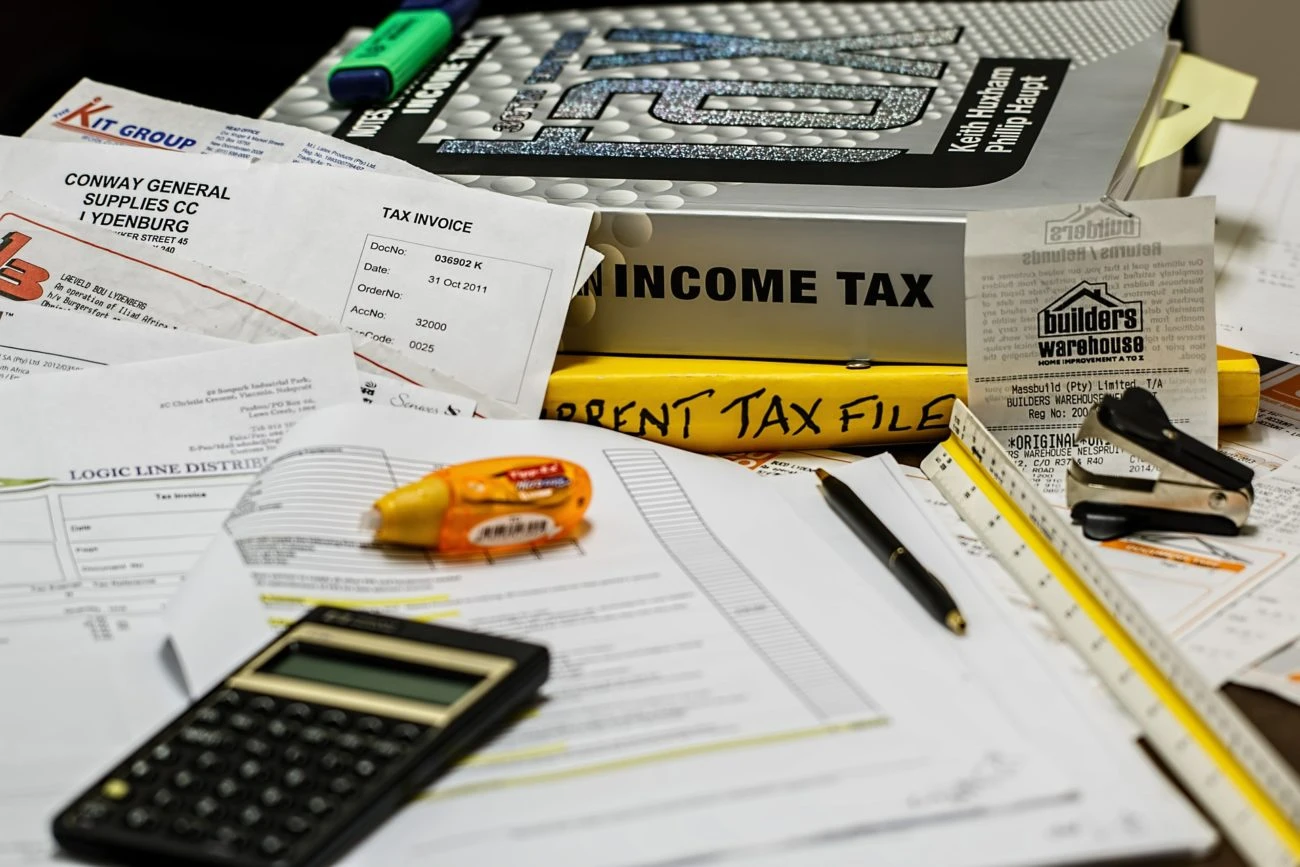Apuesta Total CEO warns against reintroduction of consumption tax on Peru gambling

Law no 31557, which looked to regulate online gaming and sports betting in Peru, came into effect on 9 February. This sets out a tax of 12% on gross gaming revenue (GGR), although legislation originally included a 1% tax on the value of every bet, or consumption tax.
That 1% consumption tax was removed from legislation in July 2021. However the Peru congress is now discussing its reintroduction, with the potential rate not yet confirmed.
Perez fears this could be hugely detrimental to the licensed gambling industry and is urging the government to reconsider. “The consumption tax is, depending of course on the percentage they will apply and depending on the base fee, very harmful for us,” Perez tells iGB. “We are trying to reach the government to talk, to explain the possible impact.
“The proposed 1% consumption tax discussed in congress was crazy because it’s a pretty high percentage. So, we are trying to reach them and argue with them about how harmful that tax could be if it’s not correctly applied.”
New taxes could slow Peru gambling market momentum
Perez’s frustration over the proposed consumption tax partly stems from his belief that the current regulation in place in Peru is favourable compared to other LatAm markets.
Perez feels Mincetur is doing a “great job”, he says. It is quick to respond to industry queries and issue clarifications, meaning the regulatory process has moved quickly.
The consumption tax would risk Peru losing ground in LatAm, which is currently one of the most exciting regions for gambling growth in the world Perez says. “I think that we in Peru have a good thing in that we can be very competitive in terms of the region,” he explains.
“Because for example, if you take into consideration the taxes that you have in Argentina or that you will have in Brazil or that they were discussing in Chile, which is a nightmare, we’re really good. They will say we’re very competitive.”
Perez is urging the government to leave the regulation as it is, much like the laws on land-based gambling largely have since brick-and-mortar casinos were legalised in 1979.
On the current online regulatory framework, Perez explains: “I think it’s very good, let’s not touch anything! If it’s working, let’s not move it, which is the strategy the land-based casinos have been applying for many, many years.”
Rising popularity of online gambling in Peru
Apuesta Total has long been a big player in the legal land-based market in Peru and the company now has over 500 retail betting locations across Peru.
But with the online sector newly regulating, digital offerings could be set to challenge the land-based alternative, with Perez believing it could be a 75%-25% split in favour of online.
Apuesta Total has already observed that growing online popularity, especially as a result of the Covid-19 pandemic. “Before the pandemic, we used to be 60% retail and 40% online,” Perez says. “Now it’s 25% retail and 75% online.
“Of course, retail has been changing for us. It’s a channel that is decreasing. Not too much, but it’s decreasing. But the online, it’s growing really, really fast. It’s crazy how fast it’s growing.”
That doesn’t mean retail won’t continue to play a key part of Apuesta Total’s strategy, however.
“It’s a very good channel of acquisition, it’s a very good channel of giving trust to the people, it’s a good channel for paying in cash as well, to top up your account for the withdrawals. So, it’s very good and relevant for our company.”
Can Mincetur effectively combat offshore operators?
Similar to operators in Peru’s next door neighbour Brazil, concerns in newly regulating markets centre around how authorities will block black market operators.
After Law no 31557 came into effect, Mincetur warned operators who were already active in Peru and didn’t apply for authorisation that they could be subject to a fine of up to Sol990,000 (€245,394/£212,401/$257,838) or criminal prosecution.
Perez has confidence in Mincetur’s ability to stamp out the black market. “Mincetur said that they will start chasing [illegal operators] in October,” he says. “As there is this window of time where everybody is applying and stuff like that, it means Mincetur is not so involved in that.
“But they told us that they will start chasing them in October. They know how important it is to chase them, so they will be in touch with the minister that is in charge of taking down the websites and I am really confident that they will do their job good.”
New tax risks denting Peru market
Perez’s labelling of the proposed consumption tax as “crazy” is a stark comparison to his praise over the regulatory framework set out in Peru.
He is concerned that the additional tax will only serve to harm the strong work carried out by Mincetur, which he holds a lot of confidence in to communicate with operators and deal with the black market, one of the industry’s core fears.
Whether congress decides to pass the consumption tax remains to be seen, but Perez’s comments should serve as a warning as to how it risks limiting the potential of what could be the third biggest gambling market in LatAm.
